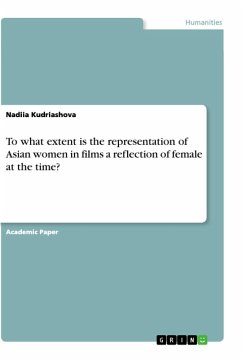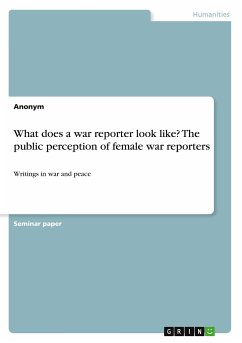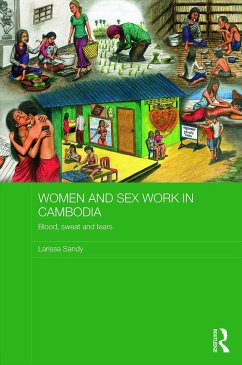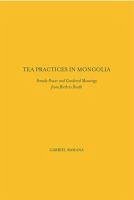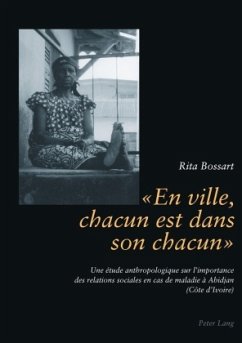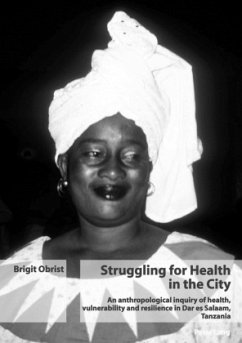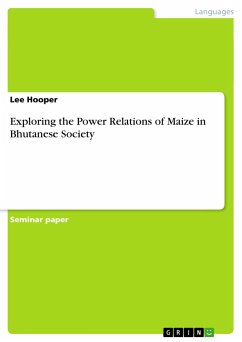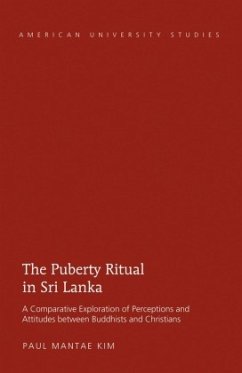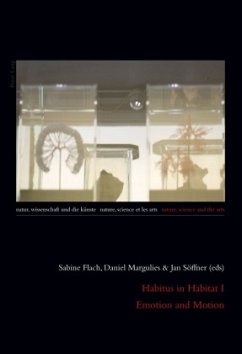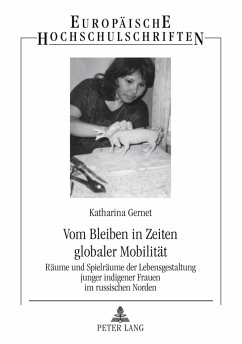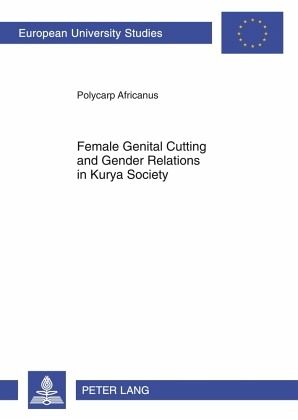
Female genital cutting and gender relations in Kurya society
Dissertationsschrift
Versandkostenfrei!
Versandfertig in 6-10 Tagen
50,70 €
inkl. MwSt.

PAYBACK Punkte
0 °P sammeln!
This book deals with reasons for the persistence of the practice of female genital cutting (FGC) among the Kurya in Tanzania. The author identifies contradictory understandings of meanings regarding the practice among government representatives, activists who attempt to curb it, and local people involved in traditional social institutions closely linked up with the practice. Existing intervention programmes lack the involvement of local community members in planning and implementation. The book concludes that local beliefs that are embedded in traditional discourse still have a strong influenc...
This book deals with reasons for the persistence of the practice of female genital cutting (FGC) among the Kurya in Tanzania. The author identifies contradictory understandings of meanings regarding the practice among government representatives, activists who attempt to curb it, and local people involved in traditional social institutions closely linked up with the practice. Existing intervention programmes lack the involvement of local community members in planning and implementation. The book concludes that local beliefs that are embedded in traditional discourse still have a strong influence on fostering the practice, although some elements of change are currently observed. It recommends intervention programmes based on in-depth cultural knowledge, and concludes that addressing the problem in its local context is crucial for efforts directed at stopping the practice.



